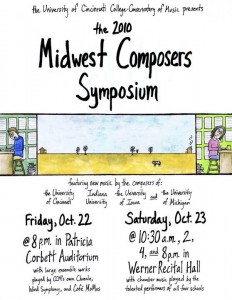 The University of Cincinnati’s College-Conservatory of Music (CCM) proudly hosted last weekend’s meeting of the MidWest Composers Symposium, a consortium currently made up of the composition departments from CCM, Indiana University and the Universities of Iowa and Michigan.
The University of Cincinnati’s College-Conservatory of Music (CCM) proudly hosted last weekend’s meeting of the MidWest Composers Symposium, a consortium currently made up of the composition departments from CCM, Indiana University and the Universities of Iowa and Michigan.
The Symposium dates back to the 1960s, and, according to University of Michigan Professor of Composition Evan Chambers, arose dually from the prevailing sentiment that American contemporary music was not respected globally and the fact that, at that time, it was exceptionally challenging for student composers to get their works performed. “Each of the [charter] schools was known for different kinds of composition,” Professor Chambers explained in a phone interview, “there was no other way to find out what was happening between these institutions.”
Because I was unable to attend last weekend’s festival, I checked in with the event’s student co-director Jennifer Jolley, a current doctoral candidate in composition at CCM. Jennifer received her undergraduate degree from the University of Southern California Thornton School of Music and then took time off to teach, perform and accompany in Vermont. She began studying at CCM in 2007 and organized this year’s MidWest Composers Symposium with fellow graduate composition student Angelique Poteat.
S21: What were the greatest organization challenges you faced in pulling together this year’s MidWest Composers Symposium?
CCM is unfortunately on the quarter system, which meant that our classes started on September 22; therefore we only had a month to plan everything. Angelique Poteat (my co-director) and I gave our composers two weeks to assemble their pieces and performers, and that left us a mere two weeks to put everything together. We couldn’t figure out the concert order until CCM submitted their contribution, and we wanted to give the new CCM students a chance to submit a piece for the symposium.
S21: At its founding, each member of the MidWest Composers Symposium possessed unique musical tendencies; for example, the University of Iowa was know for preferring experimental compositional techniques. Do similar musical identities still exist from one member institution to another? If so, what were the weekend’s most remarkable examples of this diversity?
I believe they do, although this year UI did not submit as many electronic/experimental pieces as they have in the past! In fact, Angelique Poteat’s “Cyclic Complement” for bass clarinet and fixed format (CCM), Melody Eötvös‘s “Die hohle Höhle” for 5.1 surround playback (IU), Jerod Sommerfeldt‘s video “Linear” used sounds constructed in Pd (CCM), and Zach Zubow‘s “Fugitive Yellow Shirt” for violin and electronics (UI) were highlights from the experimental end; Mr. Zubow’s piece being one of the few electronic submissions from UI.
On this note, I believe CCM likes to take subtle risks in their music (Paul Schuette‘s “Complete Fragments” was installed in the lobby of Werner Recital Hall, for example), UM’s Daugherty influence makes their pieces agressive (David Biedenbender‘s “you’ve been talking in your sleep” and William Zuckerman‘s “Ajax” come to mind), and IU writes conservative but solid, well-constructed pieces (like Timothy Miller‘s “Sketches on Scars.”)
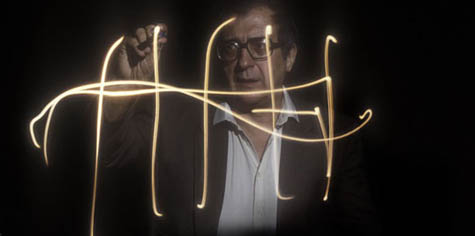
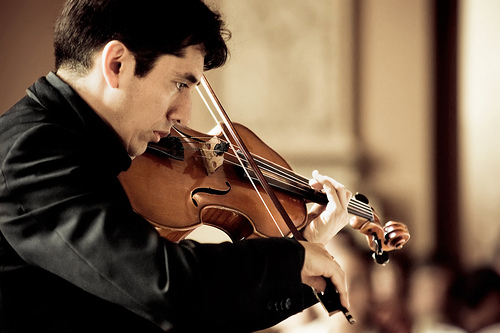
 Hopefully you’ve been following Armando Bayolo’s postings on our Forum about his adventures with Louis Andriessen’s De Materie – I’ve known about it for over a year now and it’s intensely satisfying seeing a good friend’s massive endeavors come to fruition. If you’re even remotely close to Washington DC tonight, there’s nothing culturally more important on the Eastern Seaboard than
Hopefully you’ve been following Armando Bayolo’s postings on our Forum about his adventures with Louis Andriessen’s De Materie – I’ve known about it for over a year now and it’s intensely satisfying seeing a good friend’s massive endeavors come to fruition. If you’re even remotely close to Washington DC tonight, there’s nothing culturally more important on the Eastern Seaboard than 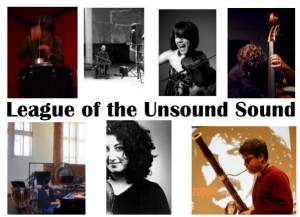
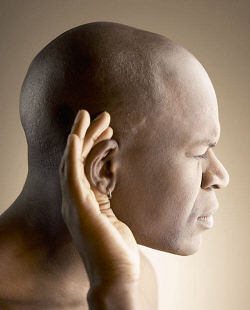
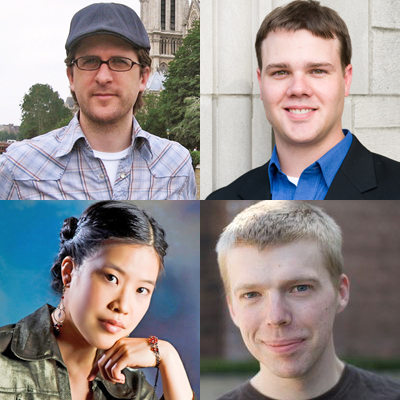
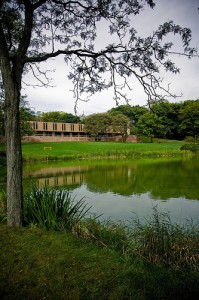
 nice tribute published at
nice tribute published at